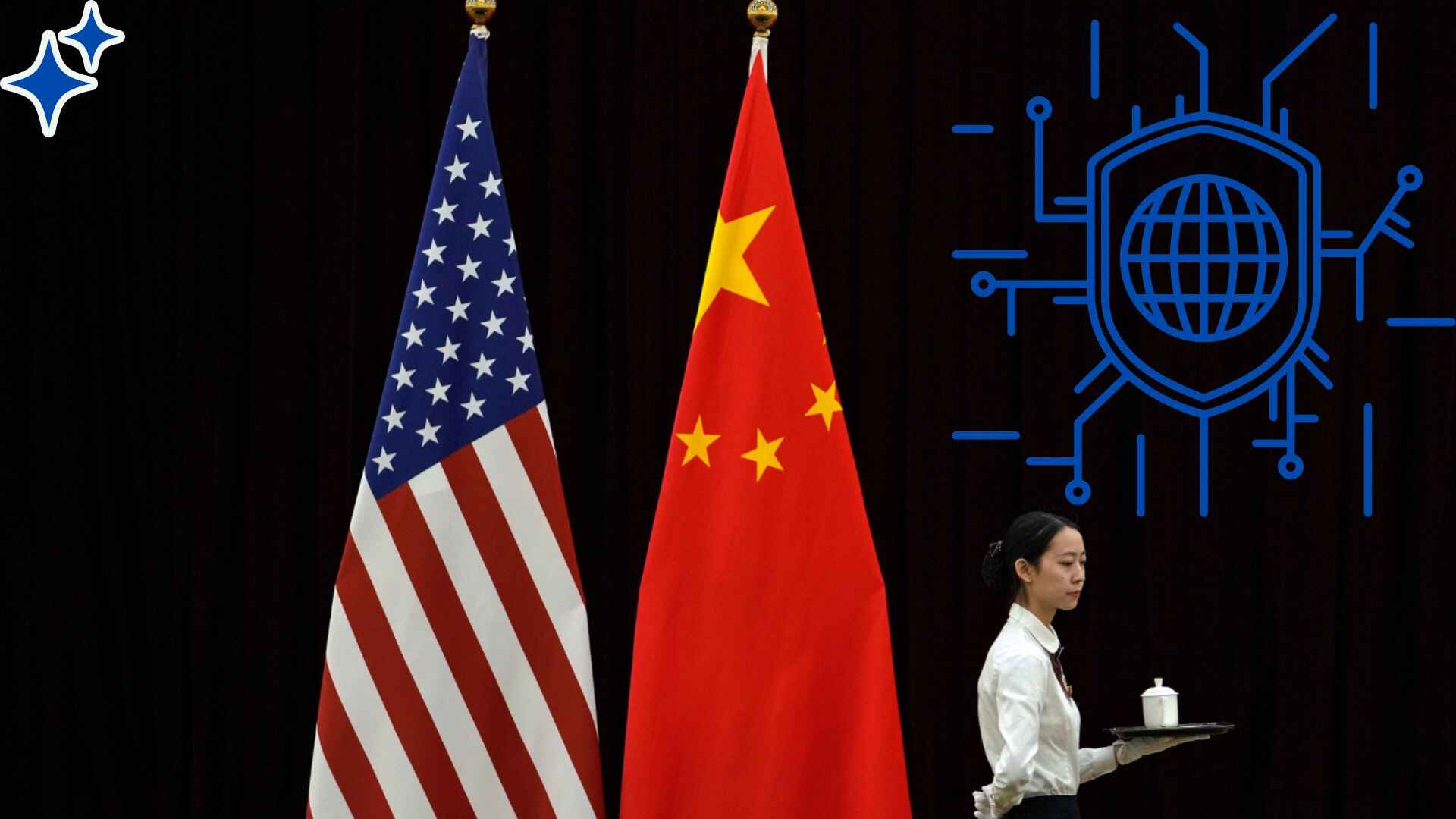By Techbish News
A new wave of cyber conflict has erupted as China accuses the United States of orchestrating a cyber attack on one of its most critical scientific institutions, igniting fresh diplomatic tension between the world’s two largest powers.
The Problem: What’s at Stake in the Cyber Attack
The allegations have exposed how cyber warfare now targets the very backbone of a nation’s infrastructure.
China’s Allegations Against the US
China’s Ministry of State Security (MSS) alleges the U.S. National Security Agency (NSA) carried out a multi-stage cyber attack on the National Time Service Center (NTSC), exploiting vulnerabilities in a foreign smartphone service to infiltrate networks as early as 2022.
According to the MSS, the attack compromised systems that regulate national time synchronization — a critical function underpinning finance, energy, and communications networks. reported by Reuters
Why Time Systems Matter
The NTSC manages China’s precise atomic clock system, providing official national time for industries and military operations. Beijing claims that the cyberattack posed risks to both data integrity and operational stability, potentially disrupting sectors that rely on accurate timing.
The Causes: How This Cyberattack Reportedly Unfolded
New details from Chinese security officials outline a sophisticated operation allegedly led by the NSA.
Exploiting Mobile Vulnerabilities
Investigators say U.S. hackers infiltrated internal devices by manipulating a weakness in a messaging service used by NTSC employees. This entry point enabled remote access to sensitive communication and credentials, marking the beginning of the cyber attack campaign.
Multi-Stage Infiltration and Cyber Tools
Reports claim the attackers used a set of 42 specialized tools to deepen network access over multiple phases in 2023-24. These tools allegedly targeted high-precision time synchronization servers — vital for navigation and financial systems — demonstrating how advanced cyberattack methods have become today.
Expert Opinions: What Analysts Are Saying
Cybersecurity analysts are divided over whether the incident was espionage or a deliberate act of digital disruption.
Strategic and Technical Impact
According to Beijing-based experts, the alleged cyber attack reflects a new frontier in cyber warfare — targeting systems that maintain technological balance rather than stealing information. One analyst noted that “hitting a nation’s time base is like striking its heartbeat.”
Diplomatic and Legal Concerns
The U.S. has not officially commented, but experts warn this could intensify the long-standing cyber standoff. International law remains vague about what constitutes a “state-sponsored cyberattack,” leaving accountability in a legal gray zone.
Fixes & Responses: What Comes Next
Both nations are now recalibrating their cyber defence postures in light of this latest revelation.
China’s Counter-Measures
The MSS reports that it has neutralized the attack chain, hardened NTSC systems, and deployed new AI-driven monitoring tools to detect future intrusions. Beijing has also called for global cooperation to define “what is a cyber attack” under international standards.
The US Position
Washington has not confirmed any involvement. Analysts believe the U.S. may respond with denials, sanctions, or diplomatic counter-statements while continuing to emphasize China’s own record of global cyberattacks.
User and Industry Experience: Real-World Effects
The alleged breach is more than a political statement — it’s a wake-up call for every organization connected to global networks.
Corporate Risk Implications
Experts warn that even systems considered “background infrastructure,” such as time services or satellite networks, can be exploited. This redefines what is a cyber attack, showing that modern hackers aim to destabilize function rather than steal data.
Public Awareness and Broader Impact
If national time synchronization falters, daily services — from ATM transactions to GPS operations — could be affected. This is why the cyberattack today is more than just a headline; it’s a reminder that digital warfare touches every layer of society.
Closing Discussion
The unfolding cyber attack drama between China and the U.S. signals that the next battlefield isn’t on land or sea — it’s in code, networks, and the systems that keep the world synchronized. As both powers double down on digital dominance, the line between espionage and warfare continues to blur.
Do you think nations should disclose cyber operations publicly, or keep them secret for security? Join the discussion and share your views below.







